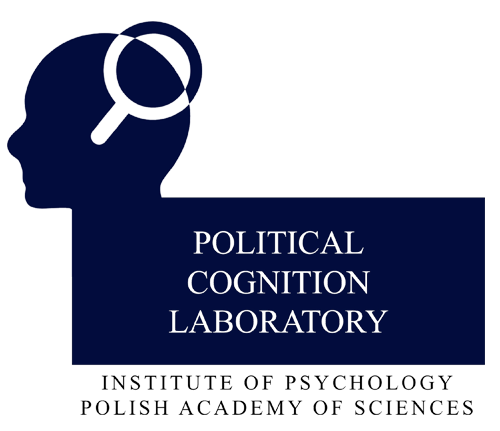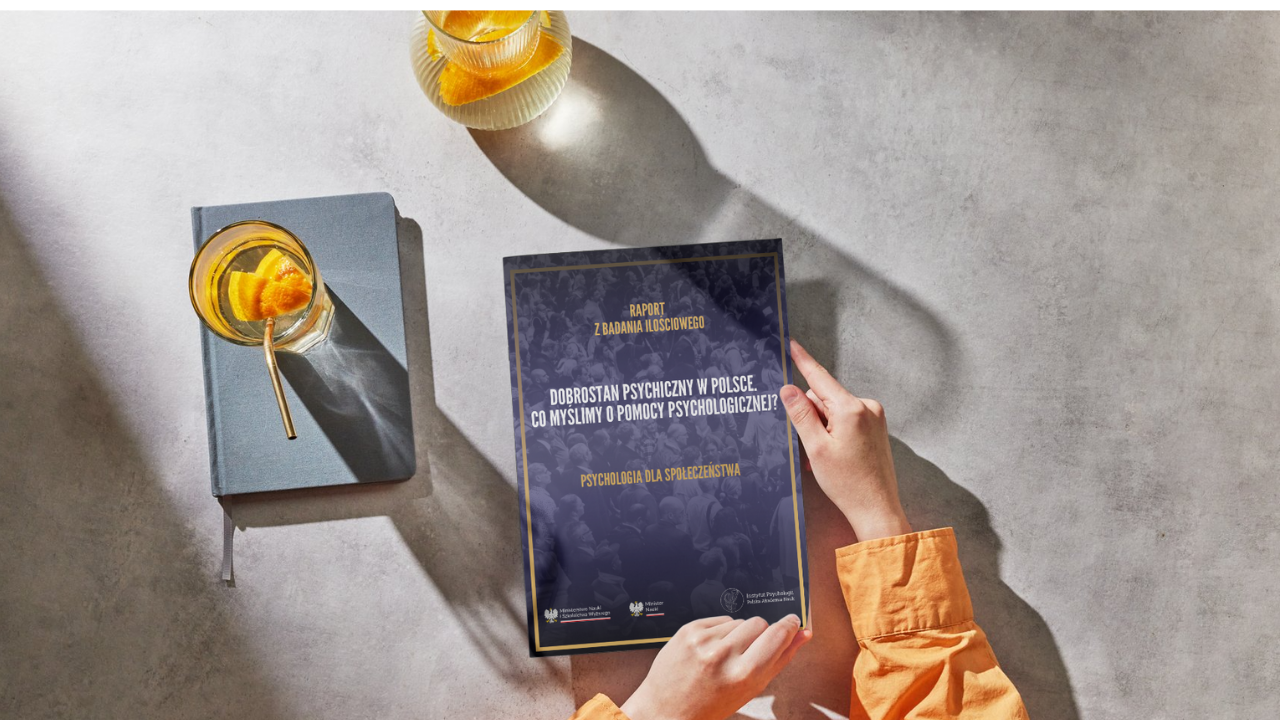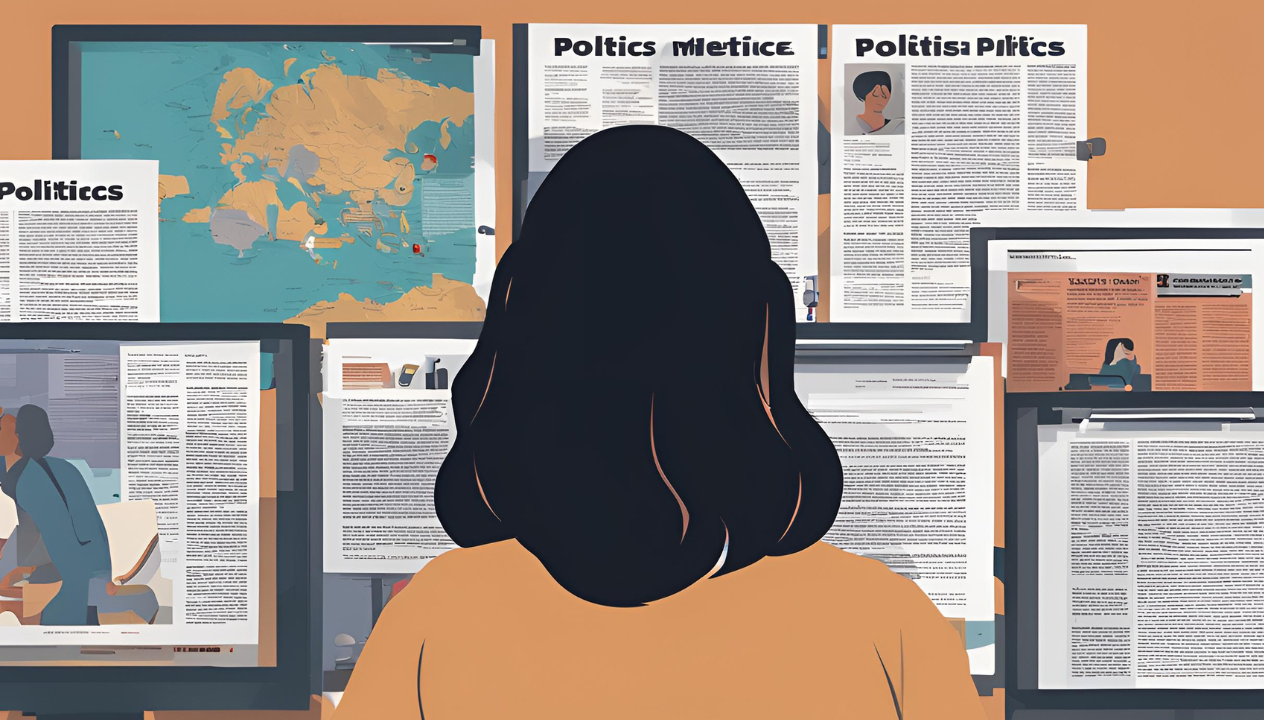How does political knowledge translate into unconventional participation among young Poles?
Our recent research showed that political trust and knowledge about "the rules of the game" positively predicted participation. At the same time, it resulted that those exhibiting lower levels of political trust were also willing to participate, but given that they possessed knowledge about the issues that are currently being debated in national politics.
You can find more on this topic in our new text, published in open access in Current Pyschology, authored by Piotr Michalski, Marta Marchlewska, Aleksandra Furman, Dagmara Szczepańska, Orestis Panayiotou, Zuzanna Molenda and Paulina Górska. Research was financed from the NORFACE and the OPUS 18 grants.
ABSTRACT:
Well-functioning democracies depend on citizens’ ability to make accurate political judgments and express them in the public sphere. Thus, in this research, we aim to better understand the role of political knowledge and political trust in shaping young Poles’ willingness to engage in unconventional participation such as signing a petition, boycotting specific products, taking part in a peaceful demonstration, or engaging in social media activities. We distinguish between two types of political knowledge: knowledge about the rules of the game and current political knowledge, which provide a more insightful look into the complex nature of relationships between political knowledge, political trust, and unconventional participation. In two studies (Study 1, N = 570 and Study 2; N = 1048) we found that unconventional participation was positively predicted by political trust, and political knowledge about the rules of the game. We also found a significant interaction effect between political trust and current political knowledge, suggesting that those high in current political knowledge may be more willing to participate only when being distrustful towards the current political system. Implications and limitations of these findings are discussed.
The entire text can be found here:









